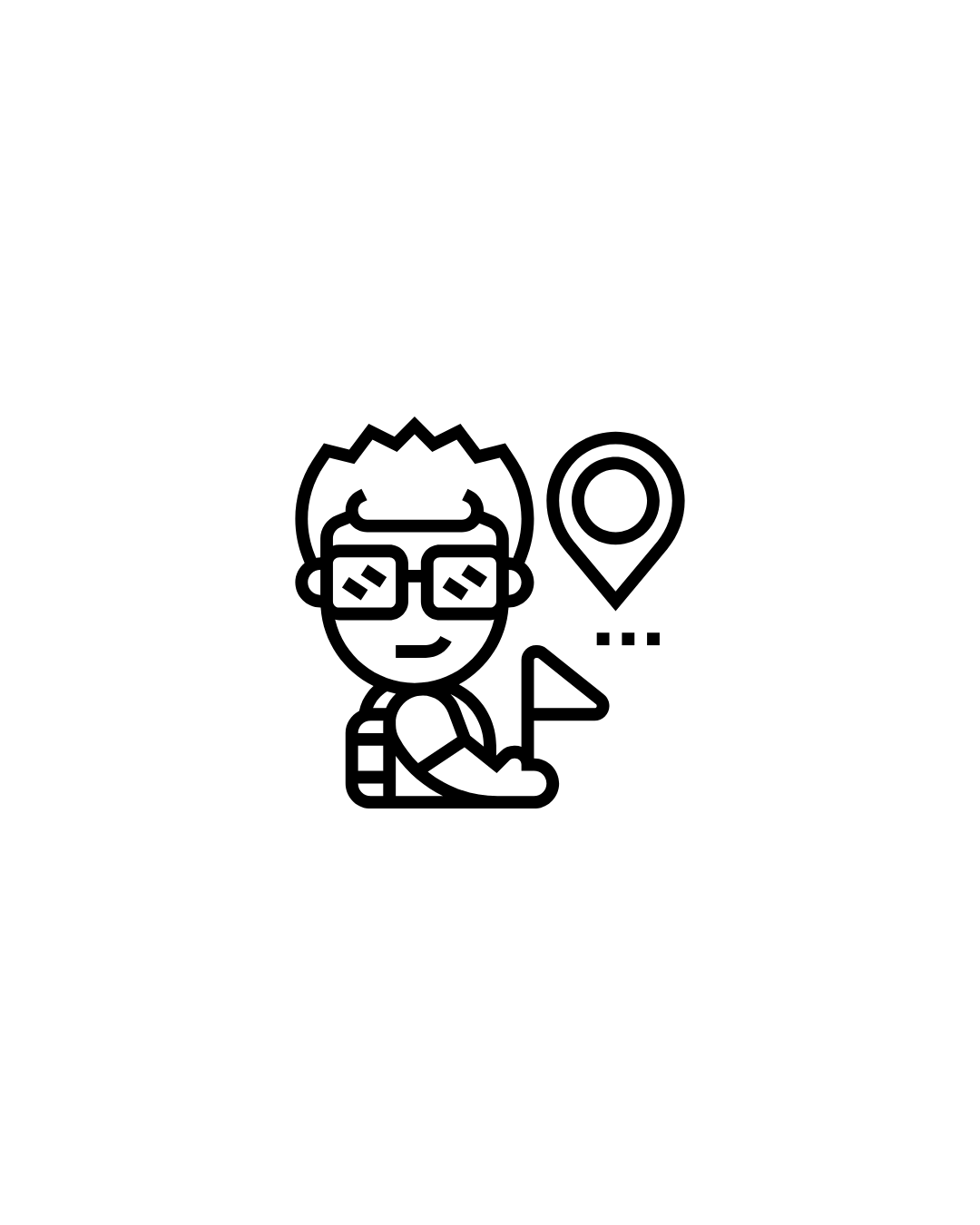Description
An Advanced Diploma in Tourist Guide Skills is tailored for individuals interested in pursuing a career as a professional tour guide. This program provides comprehensive training in tourism management, guiding techniques, and cultural interpretation, equipping students with the skills necessary to lead and enhance visitor experiences in various settings.
Course Details:
Duration: Typically 1 to 2 years, depending on the institution and specific program structure.
Eligibility: Candidates usually need to have completed higher secondary education (12th grade) or have relevant experience in tourism or hospitality.
Mode of Study: Offered in full-time or part-time formats, often combining theory with practical training and internships.
Curriculum:
The curriculum for an Advanced Diploma in Tourist Guide Skills generally encompasses the following key areas:
1. Introduction to Tourism and Guiding
Overview of the Tourism Industry:
Understanding the components of the tourism industry, including travel, hospitality, and attractions.
Role of a Tourist Guide:
Exploring the responsibilities and skills required of effective tourist guides.
2. Cultural Heritage and Interpretation
Understanding Cultural Contexts:
Learning about local cultures, histories, and traditions to provide authentic and engaging interpretations.
Interpretive Techniques:
Skills for conveying information effectively and engagingly, tailoring narratives to diverse audiences.
3. Effective Communication Skills
Verbal and Non-Verbal Communication:
Developing strong speaking abilities and body language techniques to enhance guiding interactions.
Handling Diverse Audiences:
Strategies for adapting communication styles to suit different groups, including age, language, and cultural backgrounds.
4. Tour Planning and Itinerary Development
Creating Tour Itineraries:
Techniques for designing engaging and informative itineraries that maximize visitor experience.
Logistics Management:
Understanding the logistical aspects of tours, including transportation, accommodation, and scheduling.
5. Customer Service and Hospitality
Delivering Excellent Customer Service:
Strategies for meeting customer expectations and ensuring a positive visitor experience.
Problem-Solving Skills:
Techniques for addressing challenges that may arise during tours, such as dealing with conflicts or unexpected situations.
6. Safety and Risk Management
Safety Procedures:
Understanding safety protocols and risk management strategies to ensure the well-being of tourists.
Emergency Response:
Training in first aid, emergency procedures, and dealing with crises that may occur during tours.
7. Sustainable Tourism Practices
Principles of Sustainable Tourism:
Exploration of eco-friendly practices and the importance of responsible tourism.
Impact of Tourism on Local Communities:
Understanding the social and environmental impacts of tourism and how to promote sustainability.
8. Marketing and Promotion
Tourism Marketing Strategies:
Basics of marketing tours and promoting services to attract clients.
Use of Social Media:
Leveraging social media platforms for effective marketing, branding, and engaging with customers.
9. Language Proficiency
Multilingual Skills:
Developing skills in foreign languages to enhance communication with diverse tourist populations.
Cultural Linguistics:
Understanding the cultural nuances of language and its role in effective guiding.
10. Practical Training and Field Experience
Guided Tours:
Opportunities to lead real tours under supervision, applying learned skills in a practical setting.
Capstone Project:
A final project, such as a comprehensive tour plan or presentation, demonstrating the knowledge and skills acquired throughout the program.
Assessment:
Assessment methods in this program may include:
Practical Assessments:
Evaluation of guiding skills during practice tours or simulations.
Written Assignments:
Research papers or travel itineraries showcasing understanding of tourism concepts.
Oral Presentations:
Presentations on cultural topics or tour plans demonstrating communication skills and interpretive techniques.
Career Opportunities:
Graduates of the Advanced Diploma in Tourist Guide Skills can pursue various career paths, including:
Professional Tour Guide: Leading guided tours for various groups, including cultural, adventure, and educational tours.
Tour Coordinator: Planning and organizing travel itineraries and accommodations for tourists.
Destination Marketing Specialist: Promoting tourist destinations and attractions, working for tourism boards or travel agencies.
Cultural Resource Manager: Overseeing and promoting heritage sites, museums, or cultural attractions.
Travel Consultant: Assisting clients with travel planning, including tours, accommodations, and transportation.
This advanced diploma program is ideal for individuals passionate about travel and culture, providing them with the essential skills and knowledge necessary to excel as tourist guides and contribute positively to the tourism industry. If you have any further questions or need more information, feel free to ask!









